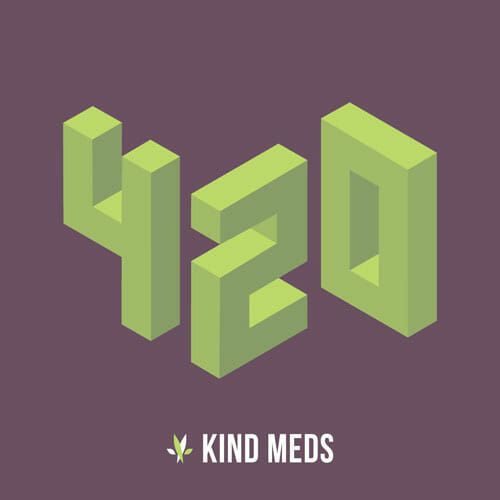Is Cannabis a Viable Mental Health Treatment Option? Part 3 of 3: Anxiety
Written by Chris Weatherall on Nov 18, 2020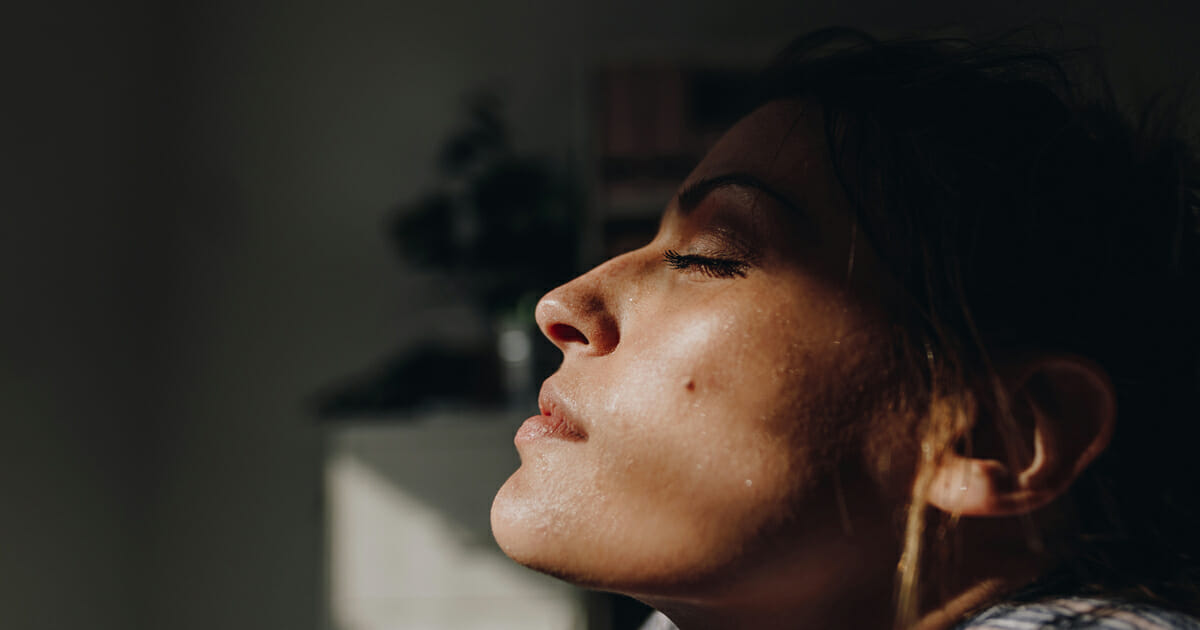
In part of one of this series, we analyzed the discussions surrounding using cannabis for mental health. In part two, we took a deep look at using cannabis for depression. In part three, we will analyze the available research concerning cannabis and anxiety. Can you use cannabis for anxiety? The answer may surprise you. If you are interested in trying cannabis for anxiety, it’s vital to understand the research behind the connection between cannabis and anxiety.
One of the biggest difficulties to face when it comes to determining whether you can treat anxiety with cannabis is the conflicting research into using cannabis for mental health. It seems like the medical research community remains largely divided on the issue, with some insisting that cannabis use contributes to mental health condition diagnoses while others suggesting that people with mental health conditions are inherently drawn to cannabis use. In either case, there is definitely a connection, and the widening availability for adults to consume cannabis legally for recreational and medicinal purposes has driven public interest into using cannabis for mental health treatment.
Cannabis and Anxiety
If you carefully analyze all of the states that have approved medical marijuana, you may notice a pattern among all the qualifying conditions these states list. Most of them are physical conditions, such as arthritis, cancer, HIV/AIDS, inflammatory bowel disease, neuropathies, and many other conditions that cause physical pain and immobility. However, one of the few mental health conditions listed on many of these states’ approved conditions is anxiety.
Of all the mental health conditions studied under the lens of acceptability for treatment with cannabis, anxiety has the most evidence behind it. The two active cannabinoids in marijuana are cannabidiol (CBD) and tetrahydrocannabinol (THC), the latter of which causes psychoactive effects while the former does not. Available research has shown that both of these cannabinoids are capable of treating the symptoms of anxiety disorders, such as general anxiety disorder, social anxiety disorder, and Post-Traumatic Stress Disorder (PTSD), but this evidence does not suggest that you can treat anxiety effectively with cannabis in every case with absolute certainty.
The results from various clinical studies on the effects of CBD for treating anxiety all seem to indicate a strong correlation between cannabis use and the functioning of the body’s endocannabinoid system. This system naturally produces cannabinoids in the bloodstream, but chronic stress, anxiety, and other stimuli can stifle the production of natural endocannabinoids. It remains unclear exactly how CBD improved anxiety symptoms, but the consensus of available research seems to indicate that researchers believe the CBD interacts with the body’s CB1 receptors in a way that alters the body’s serotonin functions, and low serotonin is a common factor in anxiety cases.
CBD seems to help the body’s natural endocannabinoid system return to normalcy and function better. It also does this without the additional side effects of medications designed for the same cause. For example, many anti-anxiety pharmaceuticals are habit-forming, entail significant negative side effects, and can also cause physical problems such as diminished mobility or coordination.
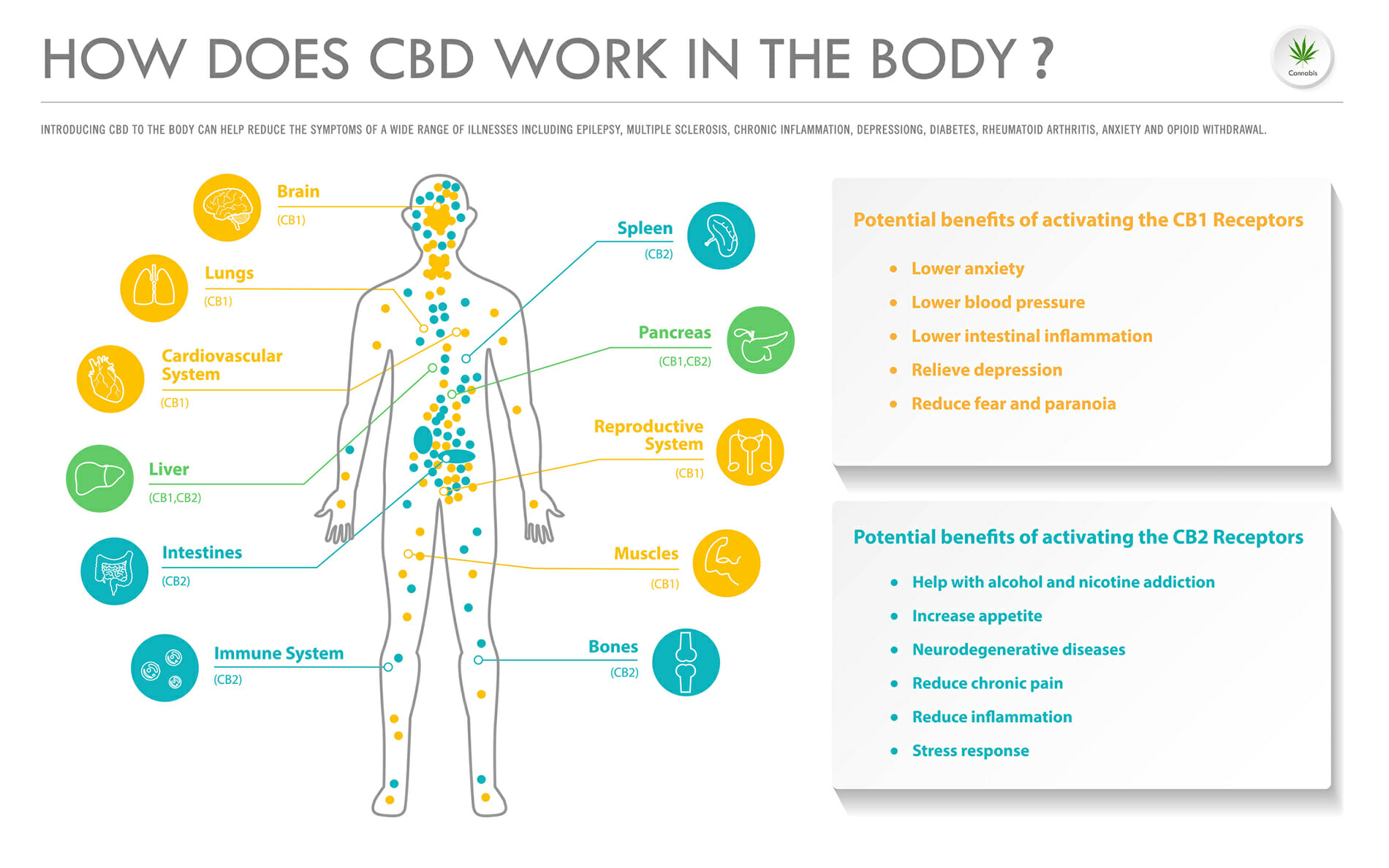
CBD for Anxiety
Between CBD and THC, CBD seems to hold the best potential as a treatment for anxiety compared to THC. CBD has naturally calming effects without causing any psychoactive reactions like THC. CBD can also reduce pain and inflammation, help to stabilize mood and provide a host of other benefits that would particularly suit an individual experiencing anxiety.
Most official studies conducted on CBD for anxiety conclude with tentative support for CBD as an appropriate treatment for anxiety, but researchers in virtually every case suggest that more information is needed on an individual level to determine the appropriateness of using cannabis to treat anxiety. The therapeutic role of Cannabidiol in mental health may grow in the future as more states and local governments alter their existing cannabis laws and allow for the greater access and testing of cannabis for medical purposes.
The growing surge in demand for CBD products has been enhanced at least in part by the proven positive effects CBD can have for anxiety. However, it’s essential for consumers who are interested in CBD for anxiety relief to know that not every product on the market offers the same potency, efficacy, or quality.
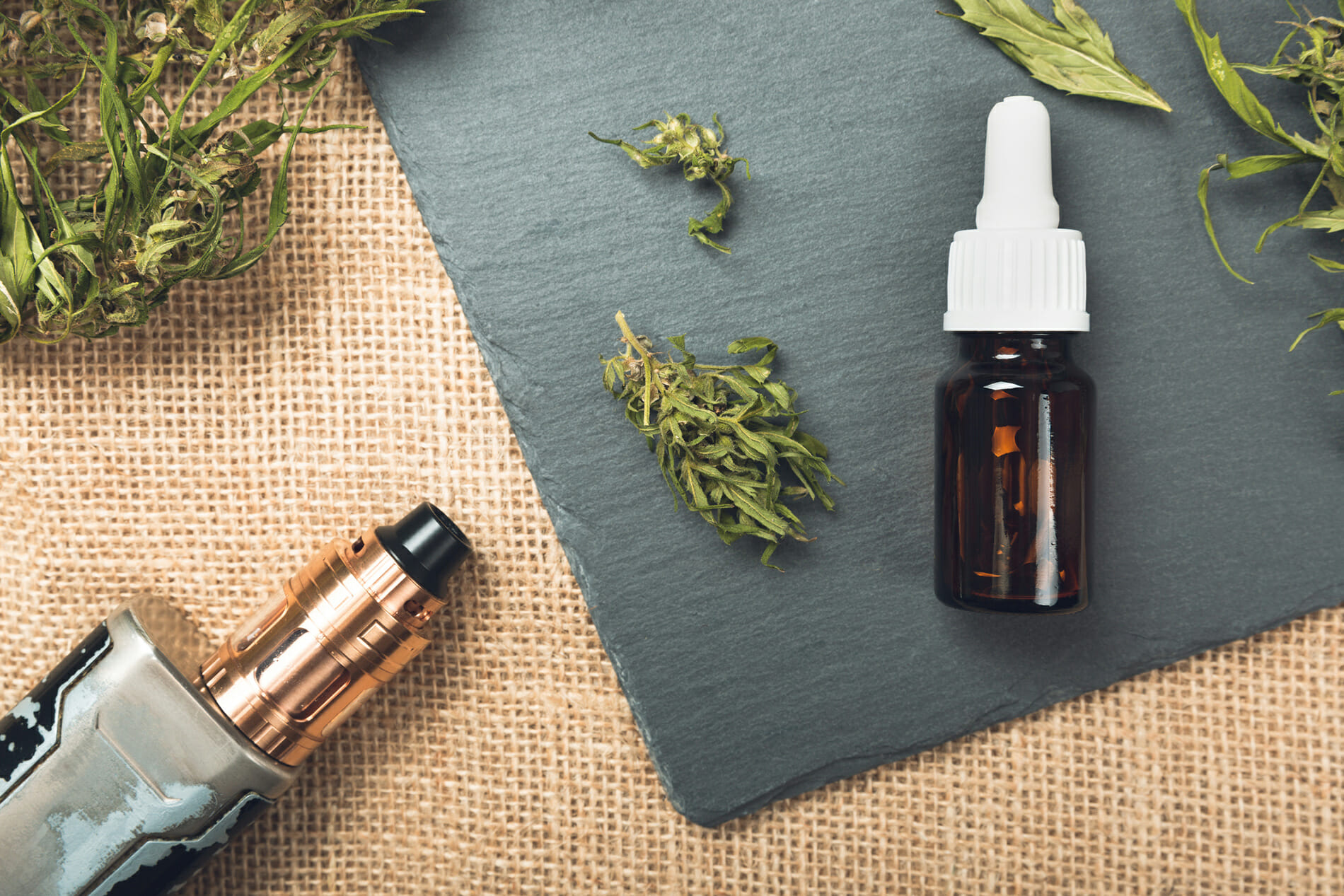
How to Use Cannabis for Anxiety
People react to cannabis in different ways, and CBD may be entirely effective for one person while it offers minimal relief to another. The same is true of THC, but to a much greater extent due to the psychoactive properties of this cannabinoid. Someone who is already dealing with psychological issues may experience negative results when they use mind-altering substances. It’s also possible for altered states to have healing or beneficial effects on others. Ultimately, cannabis for mental health seems to boil down to questions of individual patient suitability.
Anyone interested in trying CBD for anxiety can do so in many different ways. CBD products found in most medical marijuana dispensaries offer highly concentrated, lab-tested products of respectably high potency levels, whereas consumer-level products found in stores have such low doses of CBD that they hardly have any noticeable effects. It’s always best to speak to your doctor about what kind of CBD product would work best for you and any other medical conditions you might have. Your doctor should be able to recommend an appropriate dosage to help with your anxiety as well as advice concerning which delivery form would work best for you.
CBD is consumable in many different forms, from simple oils to more robust tinctures, infused edible products, or inhaling smoke from dried cannabis flower through smoking or a vaporizer. There are some strains of marijuana with very high CBD concentration and very little to virtually no THC content. CBD is also available in conventional pill and tablet form, as a base to use for cooking, and in topical products. Many people prefer to consume cannabis, both recreationally and medicinally, by smoking. However, this is not always preferred or safe for many of the people who benefit from taking CBD. Your doctor can help you assess any medical conditions that may make one type of CBD product more effective for you than another.
Why CBD?
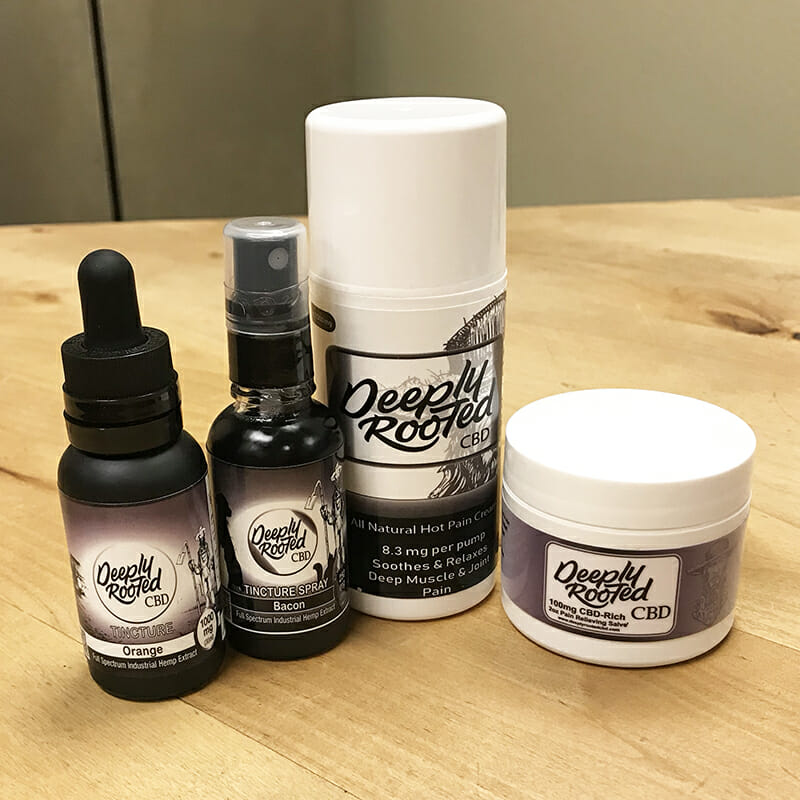
When it comes to using CBD for anxiety, most clinical trials involved using very highly concentrated CBD, and there are no known severe adverse effects of consuming “too much” CBD. Even doses higher than 1,000mg have been safely administered in testing, and CBD is considered safe for children for the treatment of epilepsy. In fact, the US Food and Drug Administration recently approved the first marijuana-derived drug, Epidiolex, for the treatment of atypical epilepsy in children known as Dravet Syndrome.
CBD is gaining traction as a viable supplement and medical asset for many conditions, and anxiety is something that roughly a quarter of the population experiences on a regular basis. Many people have either tried pharmaceutical remedies and found them ineffective or disruptive, and others are hesitant to try prescription anti-anxiety medications due to the physical effects they might cause. CBD offers measurable relief from anxiety symptoms in most users without causing any of the adverse side effects typically associated with antianxiety medications.
Anxiety is a difficult condition that can manifest in many different ways, and ultimately, it’s up to the individual to find the treatment options that work best for them. CBD offers some significant medical benefits in the treatment of anxiety, and it seems to be able to do so with virtually no potential for negative side effects. While more research is needed on the medical properties of cannabis products, currently available data seems to indicate that CBD is a safe and effective way to manage anxiety symptoms for several different anxiety disorders.







